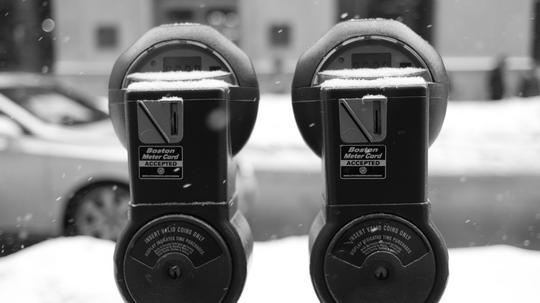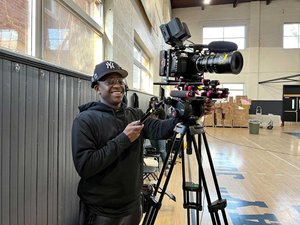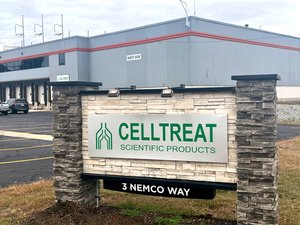
Brendan Kearney is the Communications Manager with WalkBoston, a non-profit pedestrian advocacy organization. Learn more at walkboston.org or follow them on Twitter: @walkboston
The City of Boston recently rolled out a performance parking initiative that includes flexible parking meter pricing in the Seaport and Back Bay. Prices will be lower on streets that consistently have availability, while the meter price will be higher on streets that are often filled. You may be able to park a little further away to save a few quarters, which frees up a spot closer for someone who needs it – or doesn't mind paying a little more.
Kudos to Mayor Walsh. The city is on the right track with a pilot project like this one. Boston is home to an innovation economy. We should be pushing for more pilot projects to change how our streets and curbside spaces are allocated.
If modifying the price of parking can help change habits, all the better. People may realize that for many of their daily trips, it is cheaper and more convenient to walk, take the bus/train, or bike, leading to less cars on the road and less cars endlessly searching for a spot curbside. Boston should also follow the lead of surrounding communities like Cambridge ($25), Somerville ($40), Brookline ($25) and Quincy ($20) that offer residential parking permits to help pay for city services.
The Boston Globe’s Dante Ramos makes the argument that the new meter price isn’t nearly high enough, and it is hard to disagree with his logic: “Before Boston adopted the current rate in 2011, the city had charged curbside parkers $1 an hour for the previous 30 years. By comparison, MBTA subway fares rose from 60 cents in 1982 to $2.25 today. Had meters merely kept up with inflation since 1981, they’d cost $2.66 an hour citywide.”
While cities and towns don’t control the MBTA, the cities and towns do control the streets and signals. The City of Everett debuted a bus-only lane in December during the morning rush hour, helping to speed the trips along a busy corridor. A similar pilot on Summer Street in South Boston would be well worth a try. Stacy Thompson at LivableStreets Alliance says “[buses] can be awesome, and they should be fun.” More pilot projects for bus corridor improvements can help with that.
Transportation for Massachusetts (T4MA) released a report in October entitled “Fast Forward” that gives a snapshot of transformative changes in transportation and how they could play out in MA. At one point the report boiled it down to this: “Walking – along with biking and transit use – allows vast numbers people to navigate tight urban spaces without contributing to congestion, supporting the vibrant mix of businesses, amenities and housing that make Massachusetts’ cities special. No innovative mobility solutions work for the urban core, therefore, unless they enable and foster walkability.”
Let’s not be afraid to try out new solutions on our streets, which may just be new to us, of course; many cities around the United States have been trying out pilot projects to improve transportation. The goal shouldn’t be innovation for innovation’s sake, but to find ways to make our cities a better place for more people to work, live and play – no matter how they are getting around.
Image via flickr.








